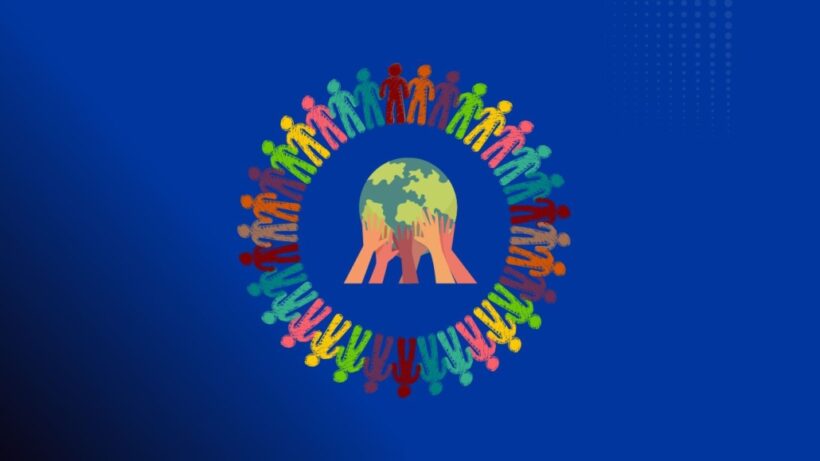On 10 December, Human Rights Day (HRD) was celebrated all over the world, commemorating the 75th anniversary of the signing of the Universal Declaration of Human Rights in Paris in 1948. This declaration was a very important historical milestone in human civilisation, in its articles it enshrines the inalienable rights that every person has as a human being, regardless of race, colour, religion, sex, language, political position, socio-economic status, nationality or any other condition. These are rights that must be promoted and protected throughout the world.
It is now 75 years and it is worth asking ourselves what has happened to those commitments that speak of guaranteeing dignity, equality, justice and freedom for all people. Beyond recognising them, if these commitments have been fulfilled in our countries, if they have been sufficiently guaranteed in sectors with greater vulnerability, for example for people of indigenous peoples, with disabilities and migrants, etc… In seven decades, armed conflicts, political and economic crises, disasters caused by climate change and other situations that increase poverty, inequality and the suffering of millions of human beings continue to increase. In all this panorama, has the declaration of enshrined rights … guided decision-making in the international, national and local spheres, I leave the question open to you.
To talk about HR is to ask ourselves questions that are close to our daily lives: how profound is the democracy that surrounds us, how much the State and its institutions guarantee rights, how clean and transparent is the political system, how much freedom and plurality we see in the mass media, how much sovereignty we citizens have over our natural resources, how we are in coverage and access with a sense of equality in terms of education and health at a good level for all and in other ambits of our lives. If we are truly seeking a solution to the conflicts that affect and violate us today, let us set as a benchmark respect for human rights, individually and collectively. In this challenge, we all have a responsibility and a role to play. Economic groups must allocate large capital not to financial speculation, but to the expansion of productive activity, to move towards a change in the productive matrix, less extractivism and more industry of processed products, more investment in productive processes aligned with a development project that is just, sustainable and respectful of the environment.
HUMAN RIGHTS AND EDUCATION
In terms of education, the exercise of HRDs is closely linked to educating in values and this implies overcoming the hierarchical, competitive and individualistic school culture, overcoming the hegemonic, biased and standardised curriculum. On the other hand, it implies greater professional autonomy for teachers and better teaching conditions, less verticalism and more democratisation in school management. In short, if we want an education that favours a culture of respect for HR, let us change the educational paradigm inherited from the dictatorship, not to market education, but to education that puts the human being at the centre, more specifically, change the financing system, that the area of School Coexistence has much more support and that the classroom space multiplies spaces for the development of critical-reflective thinking, within the framework of a liberating and transformative pedagogy.
Education in HR cannot be only discourse; it is necessary to re-signify the verb educate, the concepts of teaching and learning, from an integral perspective… other will be the goals we will seek in our students and also in ourselves as teachers. Finally, if we aspire to live in a reality enlightened by human rights, it is essential to humanise education, to free it from the anti-humanism that floats in schools and beyond their walls.
Prepared by:
Humanist Professor Marcelo Castillo Duvauchelle
Department of Education and Improvement
Colegio de Profesoras y Profesores de Chile
Original on the Colegio de Profesas y Profesores de Chile website.






